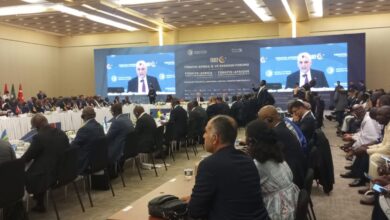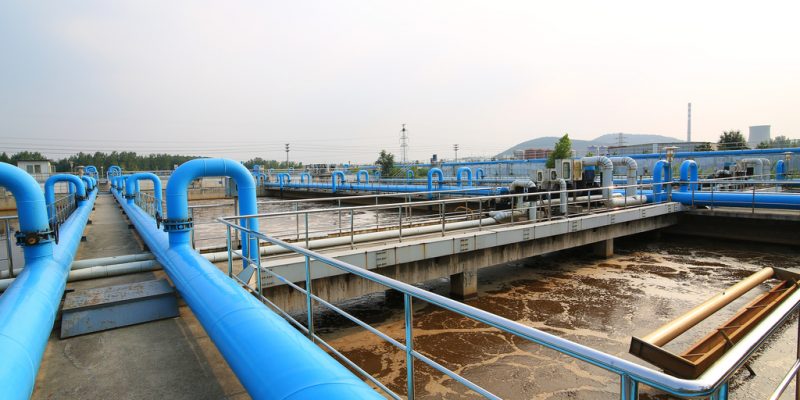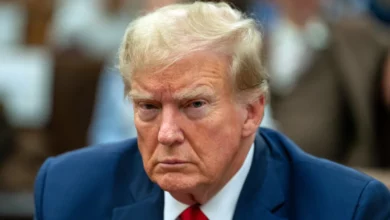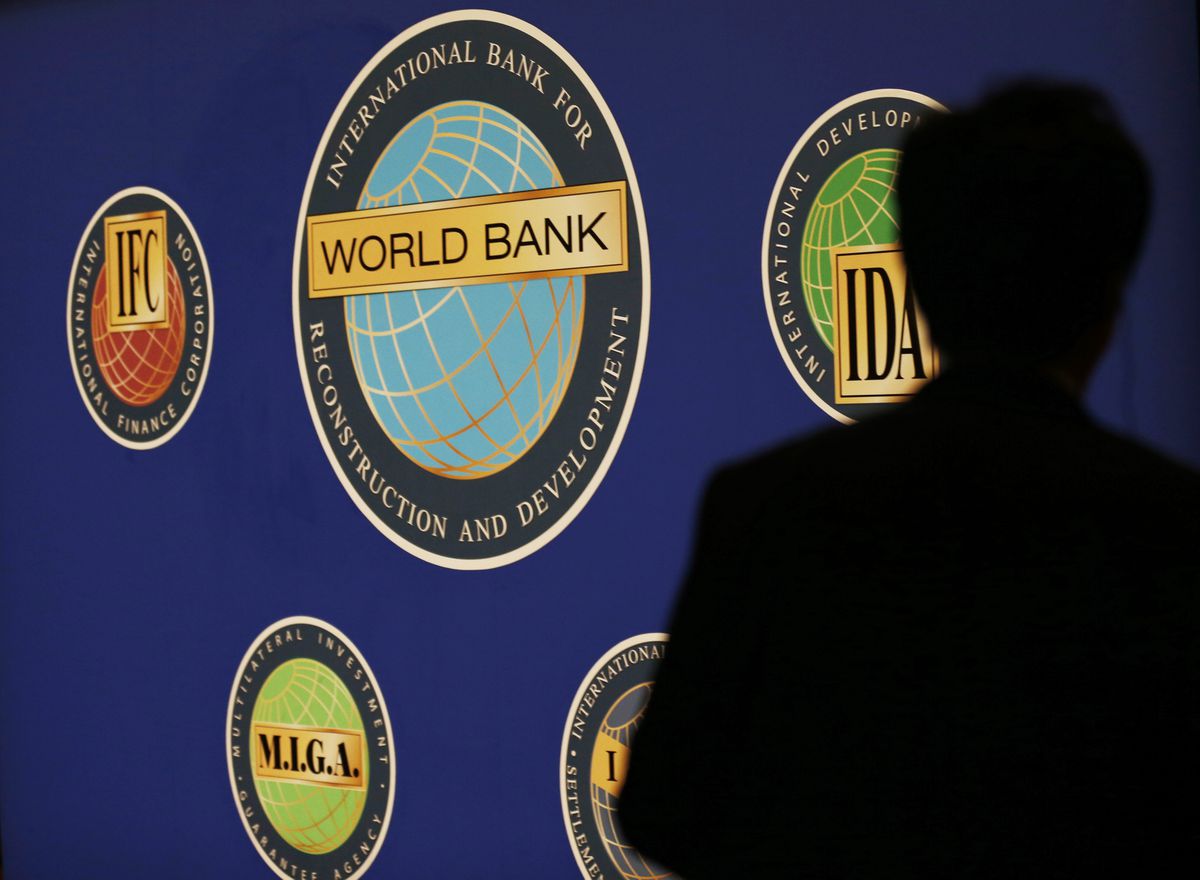The three main government dailies lead with news that the government has set aside LE10 billion for industrial and tourism projects in Upper Egypt. Investment Minister Mahmoud Mohi Eddin announced the government’s ambitious plans during yesterday’s opening ceremony of the fourth annual “Invest in Upper Egypt” convention, held in Fayoum.
According to Al-Akhbar’s report, the goal is to encourage investment in the region and maintain the current rate of development, which is up five percent from last year, the minister said. “925 companies have been established in Upper Egypt in the past seven months alone,” claimed Mohi Eddin, before providing a list of specifics. “Thirty-five percent of those companies were industrial, 24 percent offered services, 12 percent were in the agricultural sector, eight percent specialized in development, 17 percent in tourism, and four percent in communications and information technologies.”
Al-Ahram’s coverage of the same story was more concerned with the source of the money. With a headline comparing the percentages of local versus foreign investment—75 percent versus 25 percent respectively—the corresponding story started off with Mohie Eddin’s assertion that the majority of the investors were indeed Egyptian and that of the foreign investors 12 percent were from Arab countries. However, the minister affirmed the necessity of foreign investors in order to stimulate the economy and also gain technologies and experience that might not be currently available locally. Nonetheless, the minister reassured all present that the “slight risk” of this and similar ambitious investment projects being taken over by foreign investors did not exist in any way. Beyond that, Al-Ahram’s coverage of the story was almost identical to Al-Akhbar’s, with the exception of discrepancies in a few of the reported percentages.
State-owned Al-Gomhuria shifted their angle slightly, with a sub-headline that mentioned the “LE23 million donated by the holding companies to flood victims”. After printing percentages matching Al-Akhbar’s, the paper proceeded to report on the details of the convention, during which was announced the sum total of donations handed out in the past month to victims and displaced families in the recent torrential floods.
Al-Gomhuria also reported that an unnamed lawyer approached the Administrative Judiciary Courts with a request that Egypt switch from the widely-used Gregorian calendar system to an Islamic one.
Independent papers went with something else entirely, as seen in Al-Shorouq’s leading story, which concerns the latest chapter in former Housing Minister Ibrahim Suleiman’s unfolding scandal. According to Al-Shorouq, new evidence has been found: a series of written requests from Suleiman to various major generals, authority figures regularly placed in charge of districts and neighborhoods, requesting they “set aside” certain areas of land for the minister. The letters reportedly all followed a single template, with blanks left in the text so that Suleiman could change the name of the major general to which the request will be delivered, as well as the residential area in which the desired land is located. Furthermore, the paper goes on to report that many of these requests were actually signed by Suleiman’s son. Followers of this particular story might remember Suleiman’s son as being the intrepid minor who allegedly showed up at town hall with a suitcase of his father’s cash to pay for one of the plots of land currently under investigation. Suleiman, his wife, and children are being charged with 20 counts of illegal land privatization, spanning four different residential compounds.
Meanwhile, Al-Dostour continues its love affair with Mohamed ElBaradei, with a front page photo-spread of the man relaxing in his garden “hours after his arrival to Cairo,” as well as posing with a pair of seemingly incredulous Al-Dostour reporters. Correspondingly, a series of statements made by ElBaradei float around the page, one of which doubles as the headline: “I will not accept any official post too distant from presidential nomination.” ElBaradei also mentioned the reception he received at Cairo airport—which Al-Dostour described as “enthusiastic” and “joyful” among other things—as being a strong indicator of the people’s yearning for change.
ElBaradei was also featured in Al-Shorouq, with his name mentioned in a story titled “Foreign lenses search for the niqab within ElBaradei’s followers.” The independent paper highlights the fact that of all the supporters who welcomed ElBaradei at the airport yesterday, the Washington Post chose to focus on a woman in niqab (face- veil) for the photos accompanying their story. With the woman appearing in three out of the paper’s four published photographs, the Washington Posts’s motives are questioned by Al-Shorouq, as are those of French paper Le Figaro, which also prominently featured images of the woman in a niqab for their report. Al-Shorouq contacted a Cairo-based Le Figaro reporter who said decisions concerning photographs are made by editors in France, who in this case decided that the images would grab attention, with the niqab currently being a controversial topic in their own country.
Egypt’s newspapers:
Al-Ahram: Daily, state-run, largest distribution in Egypt
Al-Akhbar: Daily, state-run, second to Al-Ahram in institutional size
Al-Gomhorriya: Daily, state-run
Rose el-Youssef: Daily, state-run, close to the National Democratic Party’s Policies Secretariat
Al-Dostour: Daily, privately owned
Al-Shorouq:Daily, privately owned
Al-Wafd: Daily, published by the liberal Wafd Party
Al-Arabi: Weekly, published by the Arab Nasserist party
Youm7: Weekly, privately owned
Sawt el-Umma: Weekly, privately owned




